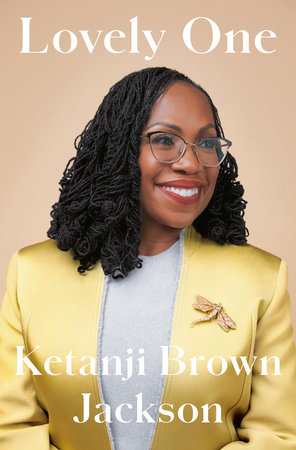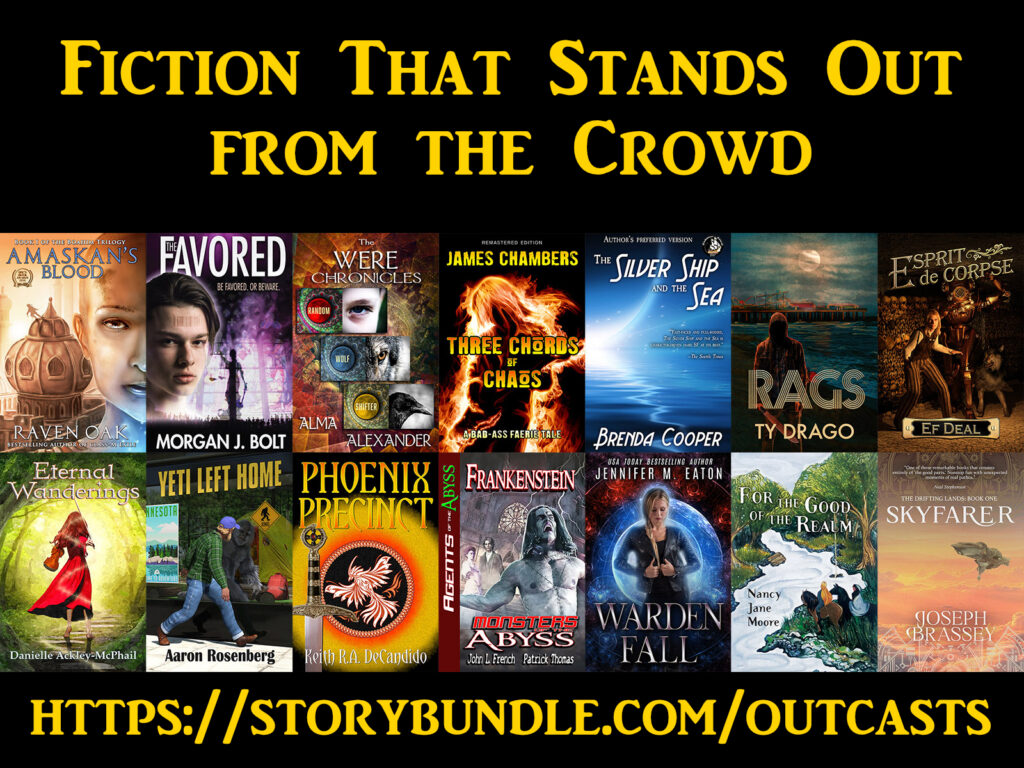Today I want to talk about reality. Something that appears and reappears in my historical research life is that we all think we are firmly linked to reality. That we know and understand clearly the difference between pure fiction and the stuff of our everyday.
I want to introduce you to the work of John Boyne, because it quite clearly proves that this is not always the case. Why is Boyne’s work more important than the words of a seven year old friend who recently explained unicorns to me? Because the friend and I have a clear understanding that we believe in unicorns only in certain contexts. We step sideways into a fictional reality and are perfectly agreed on when we should step back and accept that the unicorn in question is a stuffed toy. It is, in fact, the unicorn in question is the stuffed toy that was used to promote the Glasgow world science fiction convention in Australia for two years. More than one child has played with or borrowed it and understands its particular links to reality. One talked to it and made sounds to demonstrate that it was talking back. We held a three-way conversation and her mother was not at all worried that we had descended into a place where the rules of physics and the natural order we know did not hold.
My question is whether John Boyne has the same understanding? He might. If he does, then his work contains other problems. I’ll leave the other problems to you (I’ve had enough of antisemitism today – I’m Jewish and accusations are currently part of my real and ordinary life) and look solely at how Boyne works with the worlds he creates as a writer, and with history.
Let’s start with The Boy in the Striped Pyjamas. It’s read by children all over the world, and is the basis for many people’s view of the Holocaust. As fiction, this is a pain, but not in and of itself a problem. Boyne could keep it fictional quite easily by saying, “This is not built from our world. It is imaginary” and suggest that something else be prescribed reading on the Holocaust, something with a stronger basis in our reality. He could also rewrite Jewish characters so they were not cardboard cutouts. I feel like Pinocchio, wanting to be a real human being.
I have not seen him say his work is not our world. Instead, he wrote a sequel, which is at least as problematic as the first novel and is also recommended to me by people who want me to know more about the Holocaust. I ask them where my family is in the book and they cannot answer. I am still a wooden puppet. All my family in Europe in 1939, except for one teenager, died in Auschwitz. Ask me about it sometime. The story is nothing like Boyne’s novels.
If you want to understand where Boyne’s novels differ from actual history and lived experience and why not accepting them as fantasy or magical is a problem, this site is a good place to start:
https://holocaustcentrenorth.org.uk/blog/the-problem-with-the-boy-in-the-striped-pyjamas/
Until the release of a third novel by Boyne, I didn’t realise that the problem was one with reality, nor that Boyne was such a lazy researcher. In A Traveller at the Gates of Wisdom, Boyne uses a recipe for dye that is genuine, because he researched it. He researched it in the same way that I researched the title of his novel, just a moment ago. He used the internet and a search engine. The recipe he came up with was from a game spun from the Legend of Zelda.
I’ve had to look up dyes, myself. I needed a Medieval recipe for a black dye for my forthcoming novel. I didn’t like what I read on the internet and I didn’t trust myself to interpret dying technique without advice, so me, I asked a textile archaeologist, Dr Katrin Kania. An email each way and I had my dye, suitable for exactly the right place and time. My dye may still contain errors, but those are errors of interpretation, not errors of existence.
This recipe had me thinking about how I could accept a well-written novel that has a bunch of problems, some ethical. My conclusion is pretty much what gave me my opening to this little piece. Boyne now represents to me a writer whose work claims historicity but is actually, like my own work, fantastical or science fiction. My work is more historically accurate than his in some places (for instance in my time travel novel) because, well, I’m an historian. The Old Occitan in Langue.doc 1305 is an indication that history is a base for my fiction. The Zelda recipe is an indication that fantasy is a base for his, while the apparent reality of The Boy in the Striped Pyjamas suggests alternate history. A nicer Holocaust than the one Jews and Romani actually went through and mostly failed to survive. A Holocaust that didn’t murder children on arrival at an extermination camp and where young German boys weren’t part of Hitler’s youth, and where children could play by a barbed wire fence manned by guards who shot to kill.
This helps me understand some of the people who tell me day in and day out that they do not hate Jews: they live in a fantasy world, just like Boyne. Maybe even the same fantasy world as Boyne.
I did not mean to write anything sarcastic today, but it’s one of those days where body aches and antisemitism walk side by side. If I were to create an alternate reality from today, it would be more depressing than ours. It’s already been created, though, in various places, including in some of the stories in Other Covenants.
I wrote one of the hopeful and happy stories in that volume. I need to get back to that place, where I admit the bigotry and stupidity and that some people are lucky enough to live in a safer world. That’s the thing, Boyne’s fantasy world reflects his own sense of what the real world looks like, as do my fantasy worlds. In my real world, the fate of Australia’s Jews depends on our election on May 3. He lives in a world that’s quite terrifying for me, because he cannot see who he hurts with his writing and how. If he wants to contest that, I would like to see him assert a different sense of reality… by making the Zelda dye using the original ingredients*.
* You can find the recipe partway down the page here: Boy in the Striped Pyjamas writer accidentally includes Zelda recipe in new novel | Eurogamer.net

 The first was
The first was 
 Like five million of my fellow Americans, I spent Saturday, April 5, outdoors in the company of a few thousand neighbors, protesting the policies and behavior of the Executive branch, and the lackluster resistance by the Legislative branch. Here in San Francisco we were lucky: the sun was bright, the skies were blue, it was comfortably warm, and the minimal police presence appeared to be there to manage traffic. There were speakers at the rally I was at (albeit with a very underpowered sound system that made the speeches hard to hear) covering the gamut of areas of concern, from illegal deportation to attacks on civil rights, to tariffs, to the defunding of damned near everything I care about (National Parks, education, medical research, museums, etc.). We waved our signs, chanted some chants, generally let the world know that we are angry–enraged–about the actions the current president and his minions have been taking since January 20. Then, as the rally wound down I wandered over to public transit and rode home in company with some of the folk who had been at the rally too (as evidenced by the signs and sunburn I saw around me). However angry we in the aggregate might be, the folks at the SF rally were polite and entirely non-violent; there were kids in strollers, elders in walkers, folks in wheelchairs, just… everyone.
Like five million of my fellow Americans, I spent Saturday, April 5, outdoors in the company of a few thousand neighbors, protesting the policies and behavior of the Executive branch, and the lackluster resistance by the Legislative branch. Here in San Francisco we were lucky: the sun was bright, the skies were blue, it was comfortably warm, and the minimal police presence appeared to be there to manage traffic. There were speakers at the rally I was at (albeit with a very underpowered sound system that made the speeches hard to hear) covering the gamut of areas of concern, from illegal deportation to attacks on civil rights, to tariffs, to the defunding of damned near everything I care about (National Parks, education, medical research, museums, etc.). We waved our signs, chanted some chants, generally let the world know that we are angry–enraged–about the actions the current president and his minions have been taking since January 20. Then, as the rally wound down I wandered over to public transit and rode home in company with some of the folk who had been at the rally too (as evidenced by the signs and sunburn I saw around me). However angry we in the aggregate might be, the folks at the SF rally were polite and entirely non-violent; there were kids in strollers, elders in walkers, folks in wheelchairs, just… everyone.
